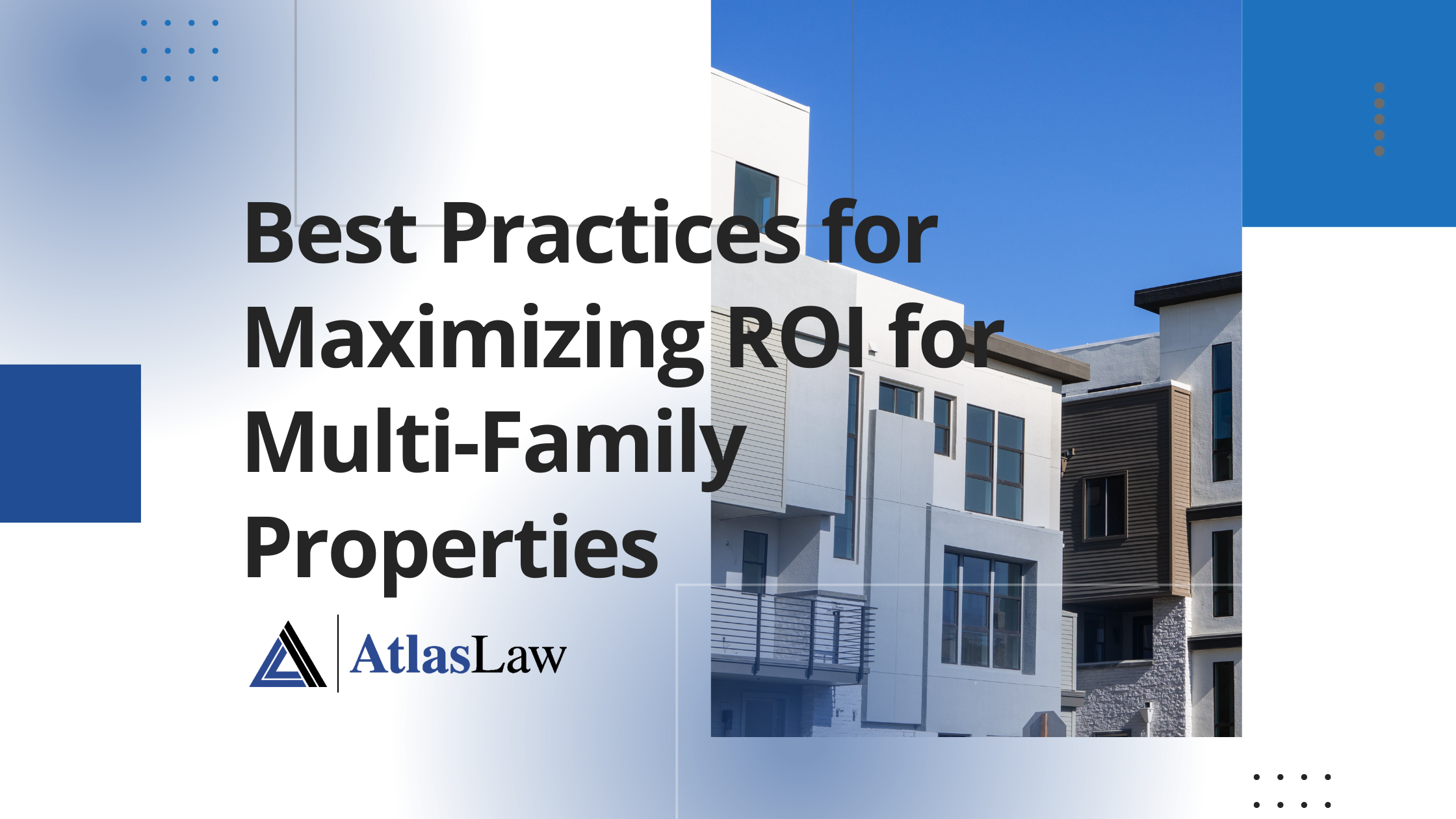
Investing in multi-family properties is a proven strategy to generate significant returns. However, achieving optimal profitability requires more than just financial acumen. To achieve the highest possible return on investment (ROI), investors need to find innovative ways to utilize legal strategies that streamline operations, reduce risks, and enhance tenant relations.
Optimizing Lease Agreements
The lease agreement is the fundamental legal framework that defines the relationship between the landlord and the tenants. An effectively drafted lease covers all aspects crucial to property management, ensuring clarity and compliance. Key elements to include in a lease are:
- Clear rental terms: Specify exact payment amounts, due dates, and penalties for late payments to prevent misunderstandings that could impact cash flow.
- Usage policies: Clearly outline what is permissible on the property regarding pets, subletting, and other use parameters to prevent misuse and mitigate potential damages.
- Maintenance responsibilities: Define who is responsible for both routine and emergency repairs. This clarity can help avoid disputes and unforeseen expenditures.
- Lease duration and renewal: Establish lease terms, renewal conditions, and termination processes that help manage tenant turnover effectively.
Ensuring your lease agreements are detailed and tailored to your property’s needs will significantly reduce future disputes and streamline management. Airtight lease agreements enhance the property’s profitability and provide a solid foundation for your landlord-tenant relationship, fostering a positive and harmonious living environment.
Minimizing Legal Risks Through Effective Tenant Screening
It’s a given that proper tenant screening is critical for reducing the risks inherent in property management. A comprehensive screening process ensures that only reliable and responsible tenants occupy your property. Essential steps in an effective tenant screening include:
- Credit checks: Evaluate a potential tenant’s financial behavior and stability.
- Background checks: Assess for any criminal history and previous evictions, which might indicate potential risks.
- Employment verification: Confirm that the tenant has a stable job and sufficient income to afford the rent.
- References: Contact prior landlords to discuss the tenant’s past lease adherence and conduct.
Implementing a rigorous tenant screening process is not just a formality; it’s a crucial step in risk reduction. It significantly reduces the chances of rent defaults and evictions, maintains property value, and ensures a harmonious living environment for all tenants. In other words, it’s a key strategy for maximizing your property’s profitability.
Strategies to Reduce Vacancies and Enhance Tenant Retention
Maintaining low vacancy rates and minimizing tenant turnover are essential for sustaining profitability. One of the best strategies is to keep the property occupied by preferred tenants for as long as possible. Offer benefits for tenants agreeing to longer lease terms, stabilizing occupancy rates. Also, lease renewal policies should be developed in a way that incentivize tenants to renew, decreasing turnover and the costs linked to acquiring new tenants.
First and foremost, regular maintenance and effective dispute resolution are vital to accomplishing this. Scheduled upkeep prevents major repairs and keeps tenants satisfied, while clear procedures for resolving disputes minimize potential legal costs and maintain a positive community environment.
Staying Compliant with Regulations
Staying informed of and compliant with all relevant housing regulations, zoning laws, environmental standards, and safety codes is a legal requirement and a crucial aspect of property management. Regular legal consultations help ensure that property management practices adhere to current laws, which in turn protects against fines and legal issues that might negatively impact ROI. This commitment to compliance reassures landlords and instills confidence in their investment strategy.
If you are a multi-family property owner seeking to optimize your investment, Atlas Law can provide the necessary legal guidance and support. Contact us at 813.241.8269 today to schedule a consultation and learn how we can help you enhance your property’s profitability.